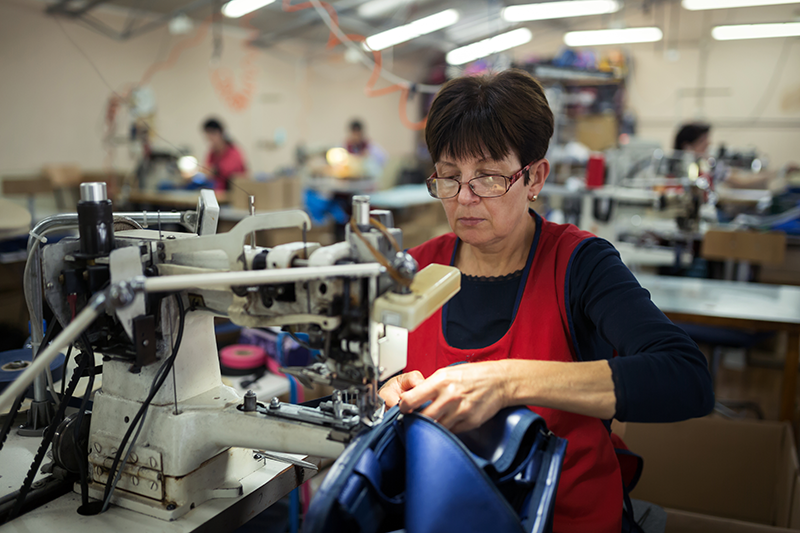
Relaciones laborales
Tanto los sindicatos, como las organizaciones patronales y las autoridades públicas desempeñan un papel en la gobernanza de la relación de empleo. Se trata de partes interconectadas en un sistema que funciona a escala europea, nacional, sectorial, regional, y empresarial. En los últimos años, a medida que evolucionan la tecnología y las formas de trabajo en el marco de un entorno económico en permanente transformación, los sistemas de relaciones laborales han afrontado retos fundamentales.
En este contexto, la Comisión Europea puso en marcha en 2015 un «nuevo comienzo» del diálogo social europeo. En una declaración conjunta de junio de 2016, la Comisión, el Consejo de la Unión Europea y los interlocutores sociales subrayaron el papel esencial de dicho diálogo como componente significativo de la formulación de políticas sociales y de empleo en la UE.
- Comisión Europea: Declaración conjunta sobre un nuevo comienzo del diálogo social





























